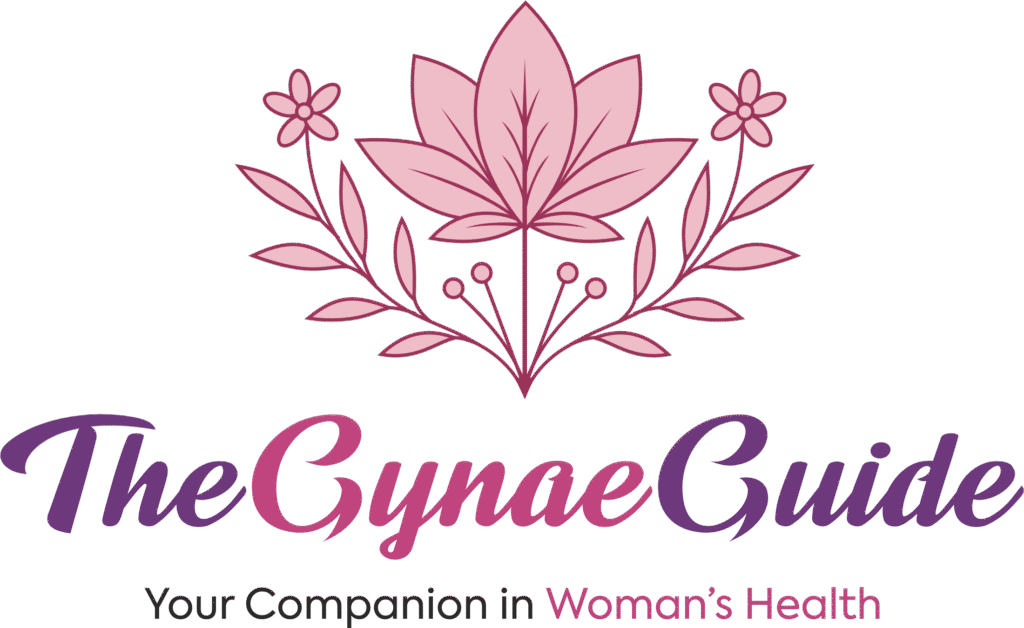If you’re experiencing sudden waves of heat, night sweats, or a flushed face, welcome to one of the most common symptoms of menopause: hot flashes. These sudden sensations of heat are more than just inconvenient, they can interfere with your sleep, concentration, and confidence. But the good news? There are natural hot flashes remedies that can help manage and ease the discomfort without relying solely on medication.
Hot flashes are typically linked to hormone fluctuations during perimenopause or menopause. If you’re also navigating unpredictable periods or mood swings, our post on perimenopause symptoms to watch for provides deeper insight into this transitional stage.
What Are Hot Flashes?
Hot flashes are sudden feelings of intense warmth, often over the face, neck, and chest. They can cause flushing, sweating, and a rapid heartbeat. For some, they’re over in a minute; for others, they may last much longer or occur several times a day or night.
The cause? A drop in estrogen levels during menopause interferes with the body’s ability to regulate temperature.
1. Keep Cool and Layer Smart
One of the simplest hot flashes remedies is to manage your environment:
-
- Use fans or air conditioning where possible
-
- Sleep with breathable cotton sheets
-
- Dress in layers so you can remove clothing when a flash starts
If hot flashes strike at night, they’re often called night sweats. Cooling pillows, moisture-wicking sleepwear, and cold packs near the bed can offer instant relief.
2. Watch Your Triggers
Common triggers include:
-
- Spicy foods
-
- Caffeine
-
- Alcohol
-
- Smoking
-
- High-stress environments
By identifying and avoiding your personal triggers, you can reduce both the intensity and frequency of hot flashes.
You can learn more about how hormones play a role in your reproductive and overall health by checking our article on the pros and cons of hormonal birth control.
3. Try Natural Supplements
Several herbal and plant-based supplements are known for their potential in easing menopausal symptoms:
-
- Black cohosh: Widely used for reducing hot flashes
-
- Red clover: Contains phytoestrogens that mimic estrogen
-
- Flaxseed: Can help regulate hormonal balance
-
- Evening primrose oil: May help reduce frequency
Always consult a healthcare provider before starting new supplements. The World Health Organization also recommends integrating herbal therapies with medical advice, especially during menopause.
4. Practice Mind-Body Techniques
Relaxation techniques can lower stress hormones and potentially reduce hot flash episodes:
-
- Deep breathing (paced respiration)
-
- Yoga or stretching
-
- Guided meditation
-
- Acupuncture
For daily wellness tips and real-life stories, join our community on Instagram or Facebook.
5. Eat an Estrogen-Friendly Diet
Your diet can play a major role in how your body responds to hormonal changes. Include foods rich in natural phytoestrogens and cooling nutrients:
-
- Soybeans and tofu
-
- Flaxseeds and chia seeds
-
- Leafy greens and berries
-
- Whole grains and nuts
Hydration is also key, hot flashes can dehydrate you quickly. Drink plenty of water and herbal teas to stay balanced.
Wondering how stress might be making your symptoms worse? Don’t miss our piece on how stress affects your period.
6. Move Your Body
Regular exercise improves circulation, reduces stress, and helps regulate body temperature. Aim for 30 minutes a day of:
-
- Brisk walking
-
- Cycling
-
- Swimming
-
- Low-impact strength training
Bonus: It supports weight management, which can also reduce hot flash severity.
For more natural health approaches, explore our article on morning sickness remedies, many techniques apply across hormonal shifts.
7. Create a Sleep Sanctuary
Poor sleep can worsen hot flashes and vice versa. To break this cycle:
-
- Keep your bedroom cool
-
- Avoid screens at least 30 mins before bed
-
- Use essential oils like lavender for relaxation
-
- Try mindfulness apps to ease into sleep
Need guidance for long-term women’s health planning? Here’s a helpful read on family planning counseling to get started.
8. Talk to Your Doctor
While lifestyle changes work for many, some women may benefit from medical therapies like:
-
- Hormone Replacement Therapy (HRT)
-
- Low-dose antidepressants
-
- Gabapentin or clonidine for nerve-related hot flashes
Always consult a qualified gynecologist before starting any medication, personalized care is key.
Get expert health insights and professional updates on LinkedIn.
Final Thoughts
Hot flashes don’t have to control your life. With these natural hot flashes remedies, you can feel more empowered and balanced during your menopausal journey. It’s all about tuning into your body, tracking your patterns, and making small but impactful lifestyle changes.
Whether it’s trying herbal teas, switching to cotton sheets, or joining a yoga class, you deserve comfort through every stage of womanhood.
For expert interviews and guided self-care tips, subscribe to our YouTube channel.
FAQs About Hot Flashes Remedies
Q1. What causes hot flashes in women?
Hot flashes are caused by hormonal fluctuations, especially decreased estrogen during menopause or perimenopause.
Q2. Can hot flashes be treated without medication?
Yes! Many women find relief through natural remedies like dietary changes, relaxation techniques, and herbal supplements.
Q3. Do all women get hot flashes during menopause?
No, but it’s very common. Some may have mild symptoms, while others experience more frequent or intense episodes.
Q4. How long do hot flashes usually last?
They can last from a few seconds to several minutes and may continue for years depending on the individual.

